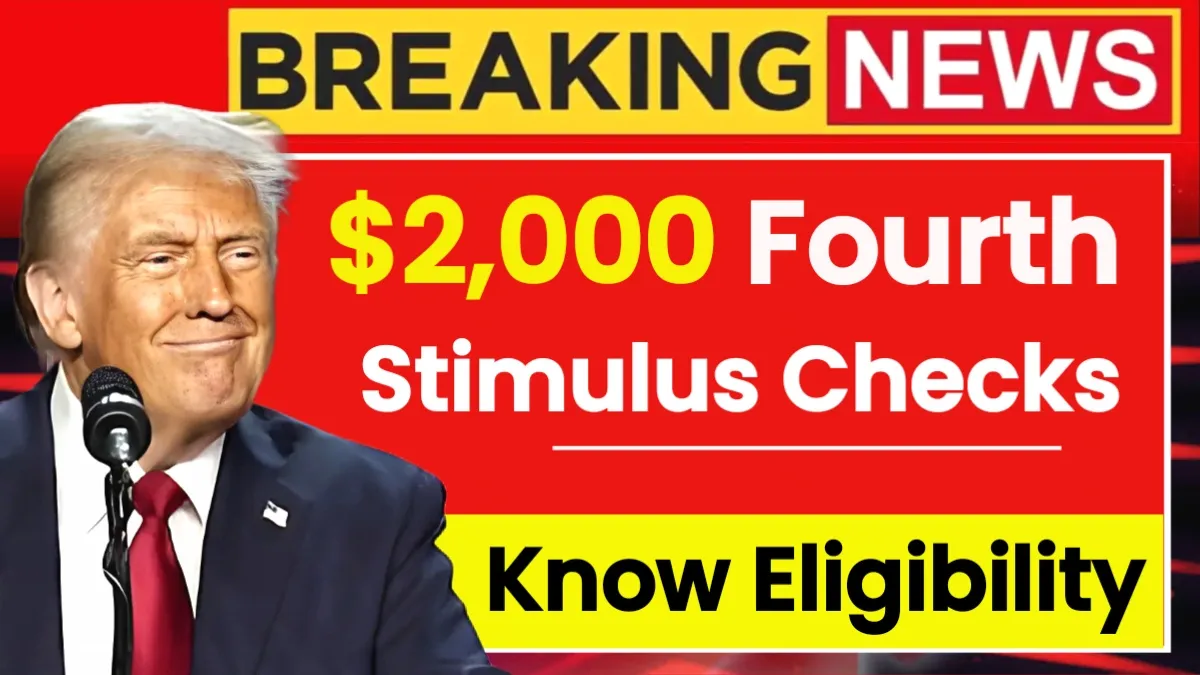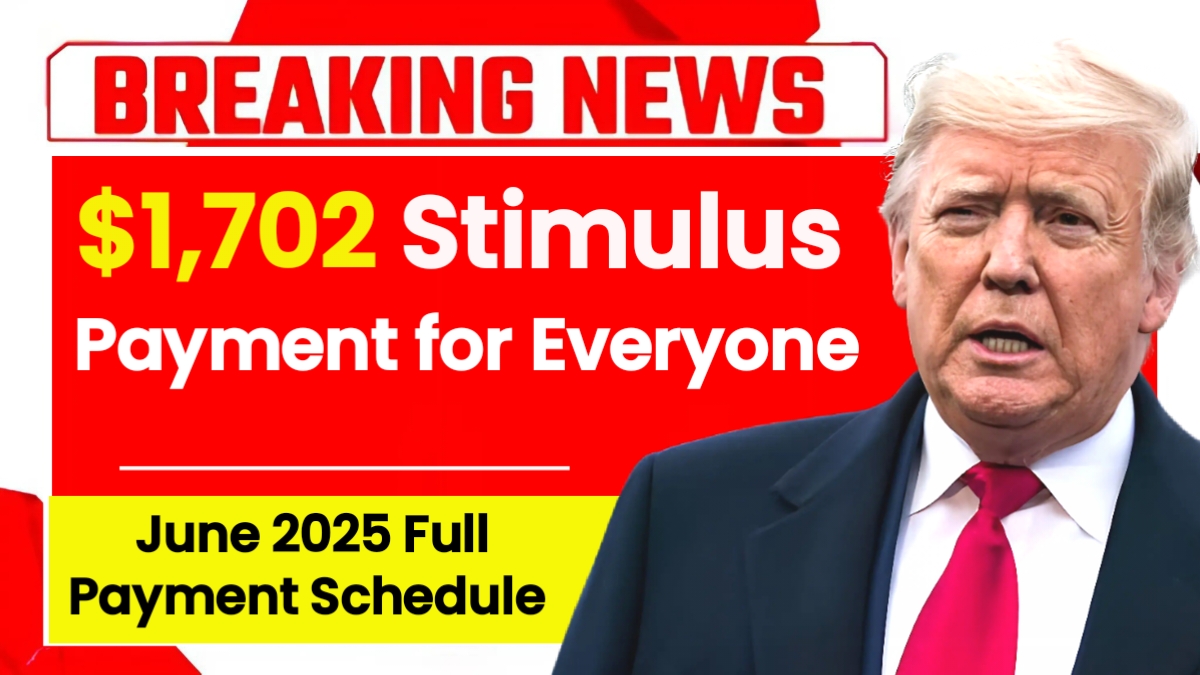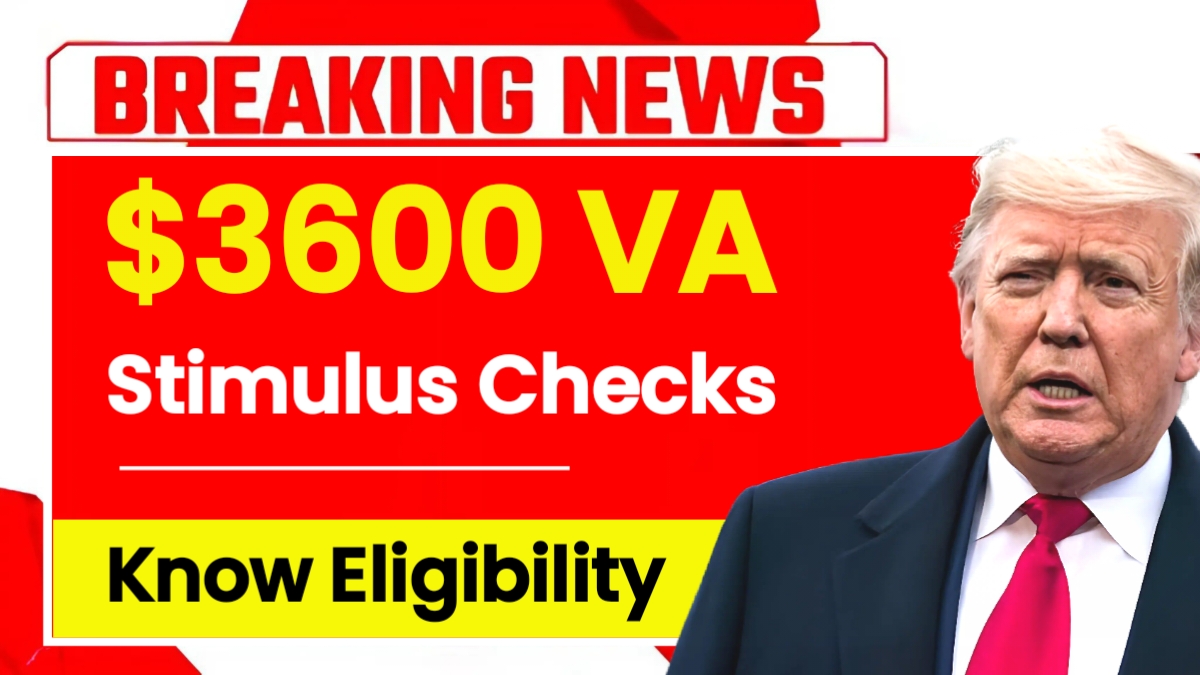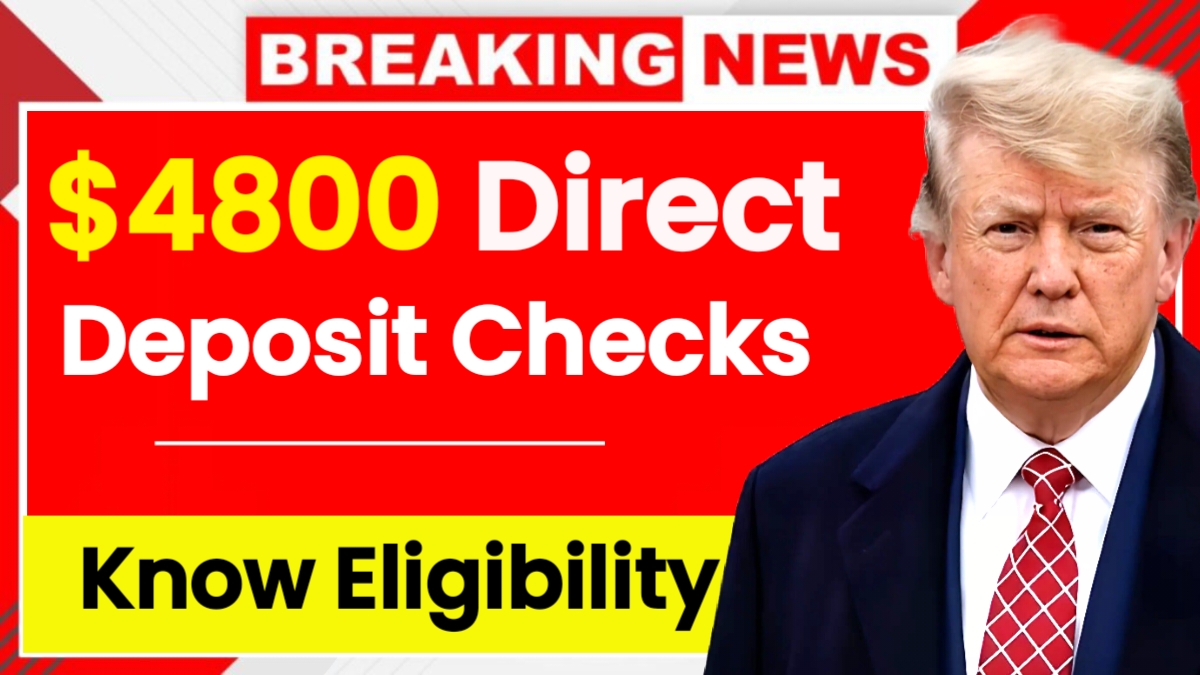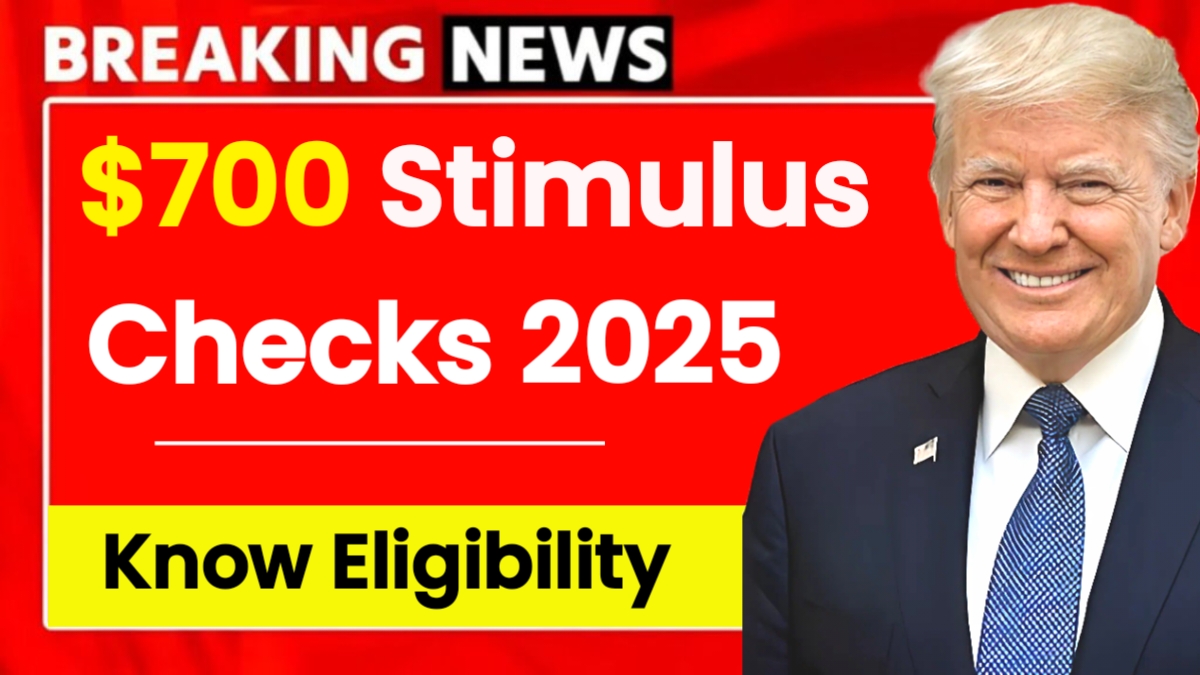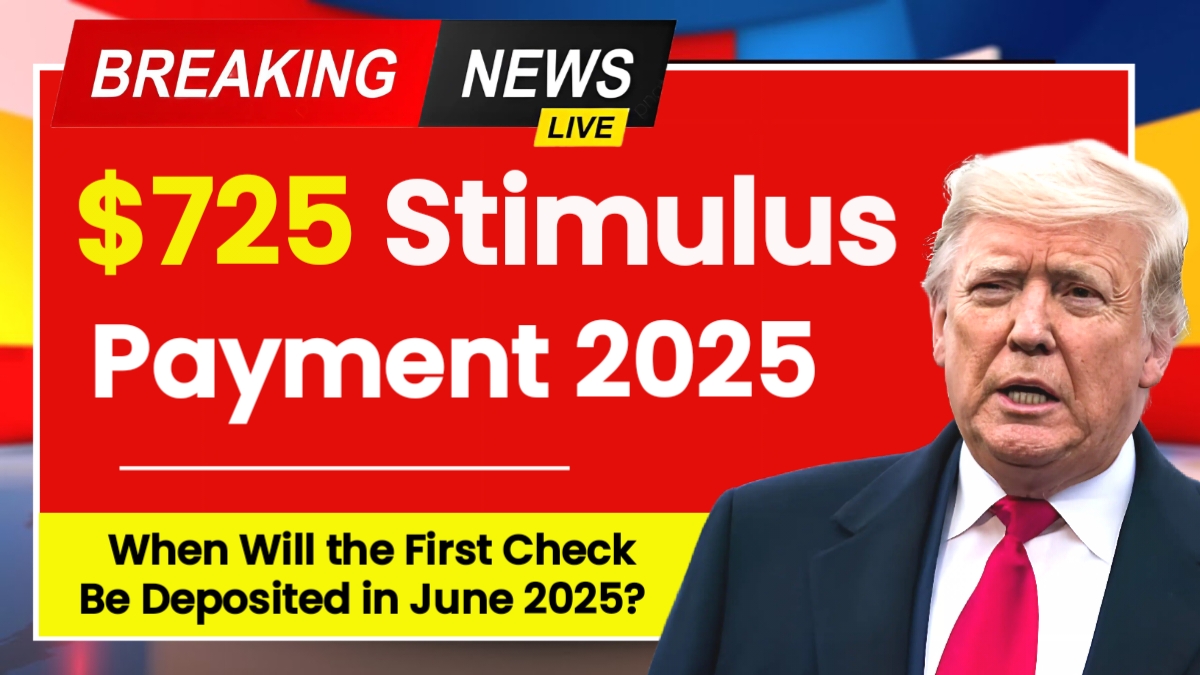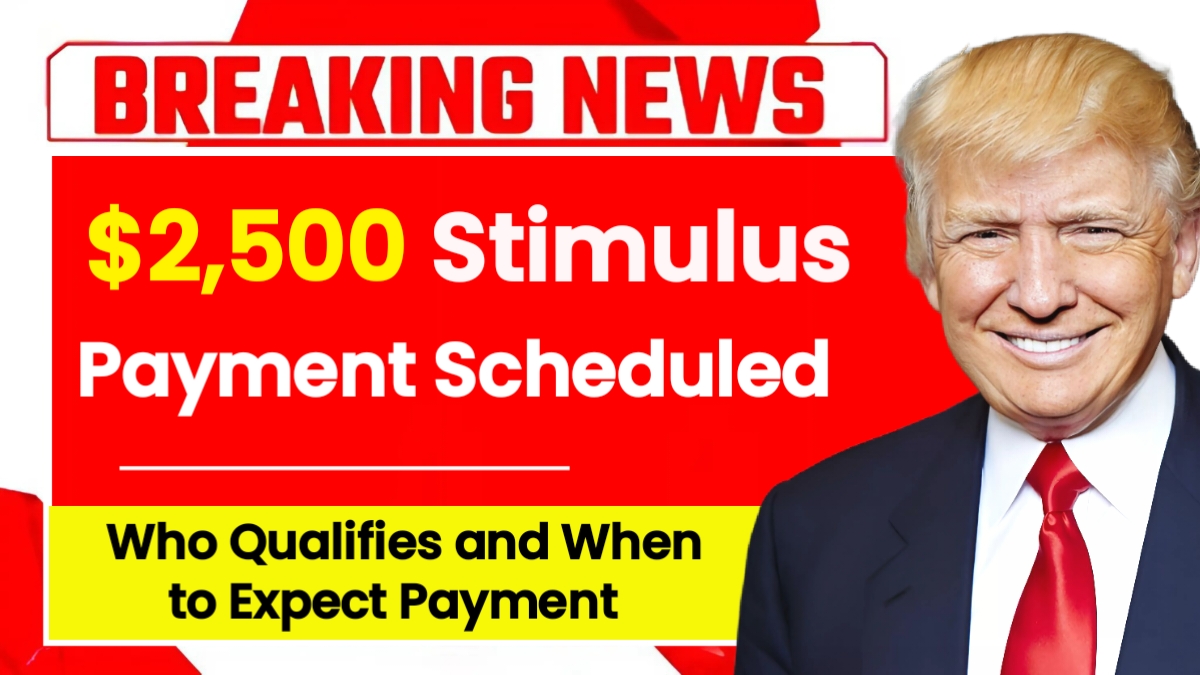Many Americans have been hearing rumors about a potential fourth stimulus check worth $2,000 in 2025, but it is crucial to understand the actual facts. As of June 2025, no federal legislation has been passed to authorize a fourth round of stimulus payments. Congress has not introduced, debated, or approved any bills that would provide additional direct payments to Americans. The Internal Revenue Service has not made any official announcements regarding new stimulus payments, and no government agency has confirmed plans for additional economic impact payments. While discussions about economic relief continue among some lawmakers, these remain informal conversations rather than official legislative proposals.
Understanding the Source of These Rumors
The widespread reports about $2,000 fourth stimulus checks appear to originate from unofficial blogs, social media posts, and websites that are not connected to government agencies. These sources often create misleading headlines and articles that suggest payments are imminent or already approved. Some of these reports deliberately mimic official government communications to appear credible. The confusion is further amplified when these stories are shared across social media platforms, creating the false impression that official government action has been taken. It is important to recognize that legitimate government announcements about stimulus payments would come directly from official sources such as the Treasury Department, IRS, or Congressional offices.
Current Economic Support Programs
While no new stimulus checks have been approved, various federal and state assistance programs continue to provide support to Americans facing financial challenges. Existing programs include Supplemental Nutrition Assistance Program benefits, housing assistance programs, unemployment benefits for eligible individuals, and various tax credits that provide financial relief. Many states have also implemented their own relief programs using federal funding or state resources. These programs offer targeted assistance to specific groups such as families with children, low-income households, seniors, and individuals facing housing insecurity. Americans seeking financial assistance should explore these verified programs rather than waiting for unconfirmed stimulus payments.
Warning Signs of Stimulus Check Scams
The rumors about fourth stimulus checks have unfortunately created opportunities for scammers to target vulnerable individuals. Common warning signs of stimulus-related scams include unsolicited phone calls, emails, or text messages claiming you need to provide personal information to receive payments. Legitimate government payments never require upfront fees, personal banking information shared through unofficial channels, or immediate action to claim benefits. Scammers may also create fake websites that look official but are designed to steal personal information. The IRS has specifically warned Americans to be cautious of these scams and has emphasized that they will never contact taxpayers through unofficial channels requesting personal information.
How to Verify Government Information
Americans should rely only on official government sources for accurate information about federal assistance programs. The official IRS website at irs.gov provides authoritative information about tax refunds, credits, and any legitimate government payments. The Social Security Administration website at ssa.gov offers reliable information about Social Security benefits and related programs. Congressional websites and official press releases from elected representatives provide accurate information about proposed or enacted legislation. When in doubt about any government program or payment, individuals should contact government agencies directly using official phone numbers found on government websites rather than responding to unsolicited communications.
Past Stimulus Payments and Current Differences
Previous stimulus payments during 2020 and 2021 were authorized through specific legislation passed by Congress in response to the COVID-19 pandemic and economic crisis. These payments required formal legislative action, presidential approval, and careful implementation by federal agencies. The economic circumstances that led to those payments were unique emergency conditions that prompted bipartisan support for direct economic assistance. Current economic conditions, while challenging for many families, have not resulted in the same level of Congressional consensus about the need for additional direct payments. Any future stimulus payments would require the same formal legislative process and would be announced through official government channels.
Alternative Forms of Economic Relief
Instead of waiting for unconfirmed stimulus payments, Americans facing financial difficulties should explore available assistance programs that are currently operational. The Earned Income Tax Credit and Child Tax Credit provide substantial financial support to working families and can be claimed when filing annual tax returns. Food assistance programs help families afford groceries and basic nutrition needs. Housing assistance programs provide support for rent, utilities, and preventing eviction. State and local governments often have their own relief programs that may be more accessible than federal programs. Nonprofit organizations and community groups also provide emergency assistance for various needs including food, housing, and utility bills.
Looking Forward and Staying Informed
While the possibility of future stimulus payments cannot be completely ruled out, Americans should focus on realistic expectations and verified information. Economic conditions, political developments, and emergency situations could potentially influence future policy decisions about direct payments. However, any legitimate proposals would go through the standard legislative process and would be widely reported through official government communications and legitimate news sources. Individuals should stay informed through official channels, maintain updated contact information with relevant government agencies, and be prepared to recognize and avoid scams that exploit hopes for financial assistance.
Practical Steps for Financial Planning
Rather than depending on unconfirmed stimulus payments, individuals and families should focus on practical financial planning strategies. This includes reviewing available tax credits and benefits that may provide legitimate financial relief, exploring community resources and assistance programs in local areas, and building emergency savings when possible to provide financial stability. Americans should also ensure their tax information is current with the IRS, as this is typically how legitimate government payments are distributed when they are authorized. Creating a budget that accounts for current income and available assistance can help families manage financial challenges more effectively than hoping for uncertain future payments.
Disclaimer: This article provides factual information about stimulus payment claims based on official government sources and verified reporting. No fourth stimulus check has been approved by Congress or any federal agency as of June 2025. Information about government assistance programs can change, and readers should verify current program details through official government websites. This article is for educational purposes only and does not constitute financial advice. Readers should be cautious of misinformation about government payments and should only trust information from official government sources.
